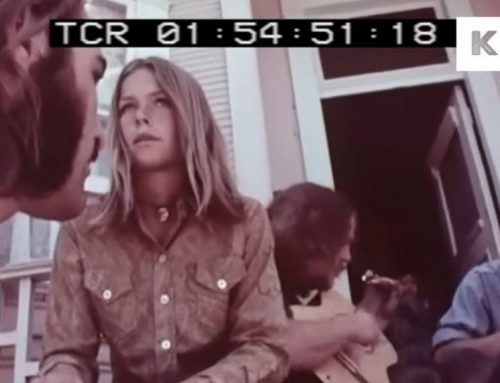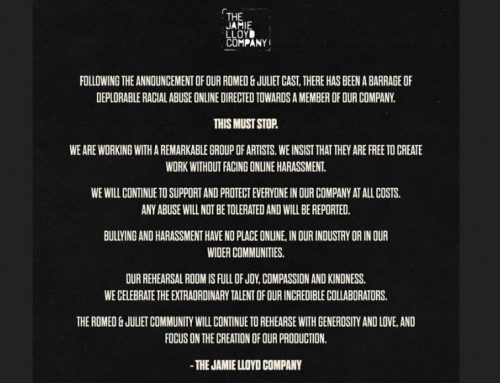This published quote from an A list author of the time, is about an actress at the age of eight.
She later became permanently A list.
“Watch the way she measures a man with agile studio eyes, with dimpled depravity.
Her admirers, middle-aged men and clergy-men, respond to her dubious coquetry, to the signal of her well-shaped and desirable little body, packed with enormous vitality, only because the safety curtain of story and dialogue drops between their intelligence and their desire.”
Graham Greene
Shirley Temple
What Was the Deal With Graham Greene Calling Shirley Temple “a Fancy Little Piece”?
Those who read the New York Times obituary of Shirley Temple yesterday may have stopped short at a jarringly inadequate segue:
Not everyone was a Shirley Temple fan. The novelist Graham Greene, who was also a film critic, was sued by 20th Century Fox for his review of “Wee Willie Winkie” in the magazine Night and Day, which he edited. In the review, he questioned whether she was a midget and wrote of her “well-shaped and desirable little body” being served up to middle-aged male admirers.
The obituary goes on to detail Black’s education, marriage, and career as a diplomat, but doesn’t answer the question on everyone’s mind: What was up with that Graham Greene review?
The review was reprinted in The Graham Greene Film Reader, and the scandalous sections read as follows:
The owners of a child star are like leaseholders—their property diminishes in value every year. … Miss Shirley Temple’s case, though, has peculiar interest: Infancy is her disguise, her appeal is more secret and more adult. Already two years ago she was a fancy little piece (real childhood, I think, went out after The Littlest Rebel). In Captain January she wore trousers with the mature suggestiveness of a Dietrich: her neat and well-developed rump twisted in the tap-dance: her eyes had a sidelong searching coquetry. Now in Wee Willie Winkie, wearing short kilts, she is completely totsy. Watch her swaggering stride across the Indian barrack-square: hear the gasp of excited expectation from her antique audience when the sergeant’s palm is raised: watch the way she measures a man with agile studio eyes, with dimpled depravity. Adult emotions of love and grief glissade across the mask of childhood, a childhood skin-deep.
It is clever, but it cannot last. Her admirers—middle-aged men and clergymen—respond to her dubious coquetry, to the sight of her well-shaped and desirable little body, packed with enormous vitality, only because the safety curtain of story and dialogue drops between their intelligence and their desire. …
Graham’s insistence on the sexual subtext of Shirley Temple films wasn’t a one-time event. The year previously, Greene had written a review of Captain January in the Spectator (also reprinted in The Graham Greene Film Reader) in which he wrote that “some of [Temple’s] popularity seems to rest on a coquetry quite as mature as Miss Colbert’s and on an oddly precocious body as voluptuous in grey flannel trousers as Miss Dietrich’s.” But it was the review of Wee Willie Winkie that spurred 20th Century Fox to action: The review hadn’t been published in the U.S., but the studio and Temple’s representatives sued Greene and Night and Day in British court for libel.
Greene fled to Mexico—a trip that would inspire The Power and the Glory—and he wasn’t happy about having to go on the lam for a movie review. In a 1938 letter to a friend (reprinted in Graham Greene: A Life in Letters), Greene wrote, “I found a cable waiting for me in Mexico City asking me to agree to apologise to that little bitch Shirley Temple—so I suppose the case has now been settled with the maximum publicity.” Ultimately, a judge found in the studio’s favor—agreeing with the lawyer defending the plaintiffs who called Greene’s review “one of the most horrible libels that one could well imagine”—and ordered a settlement of 3,500 pounds, of which 500 pounds came out of Greene’s pocket. – Source
Read more on these Tags: Graham Greene, Old Hollywood, Shirley Temple









